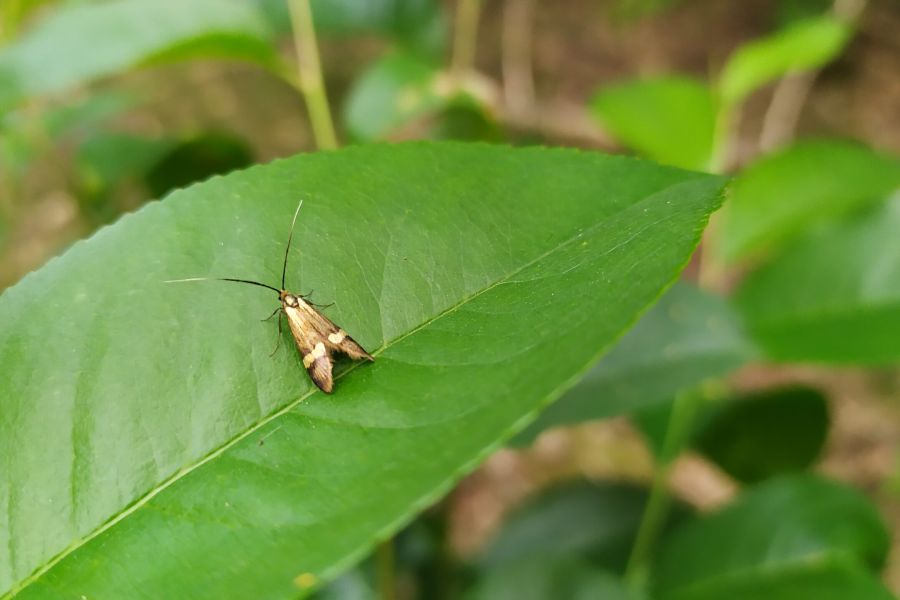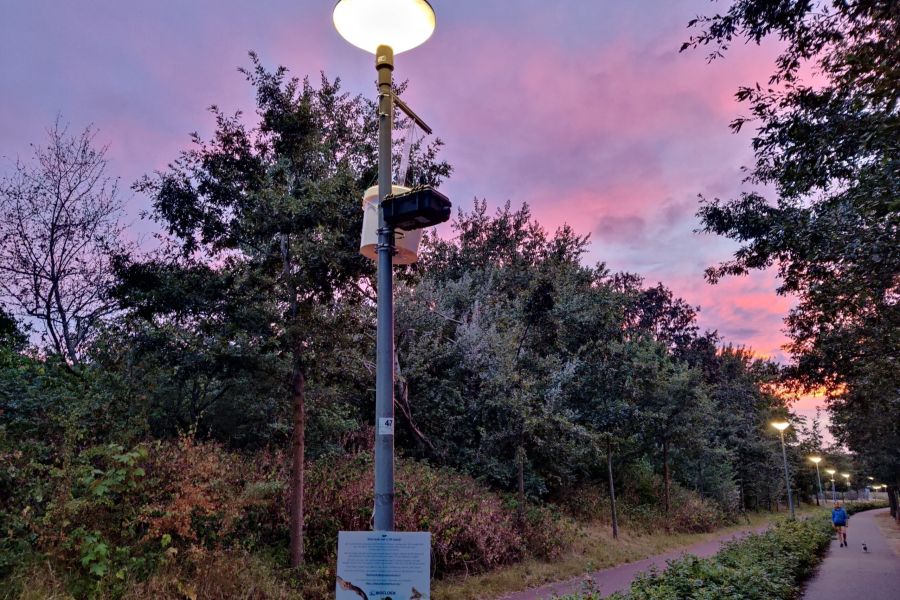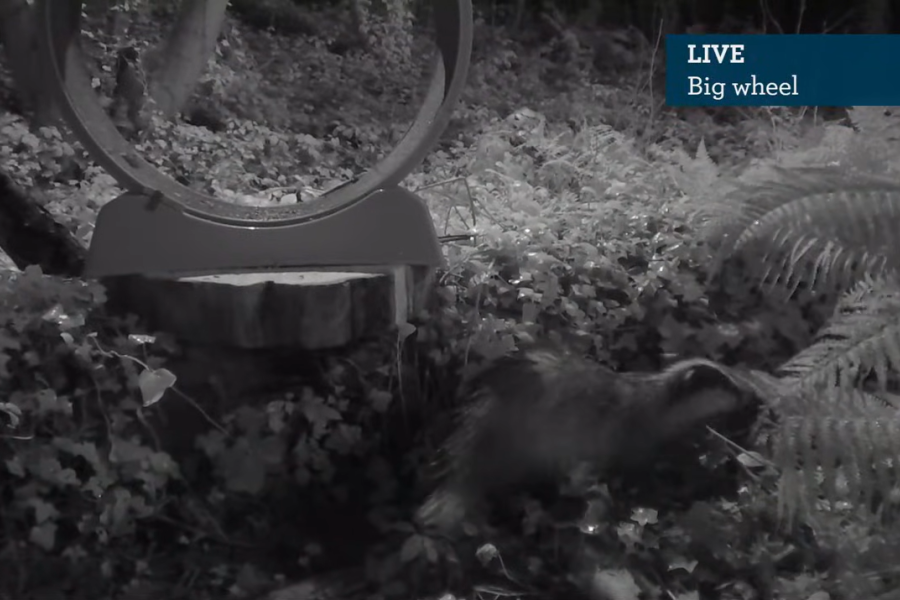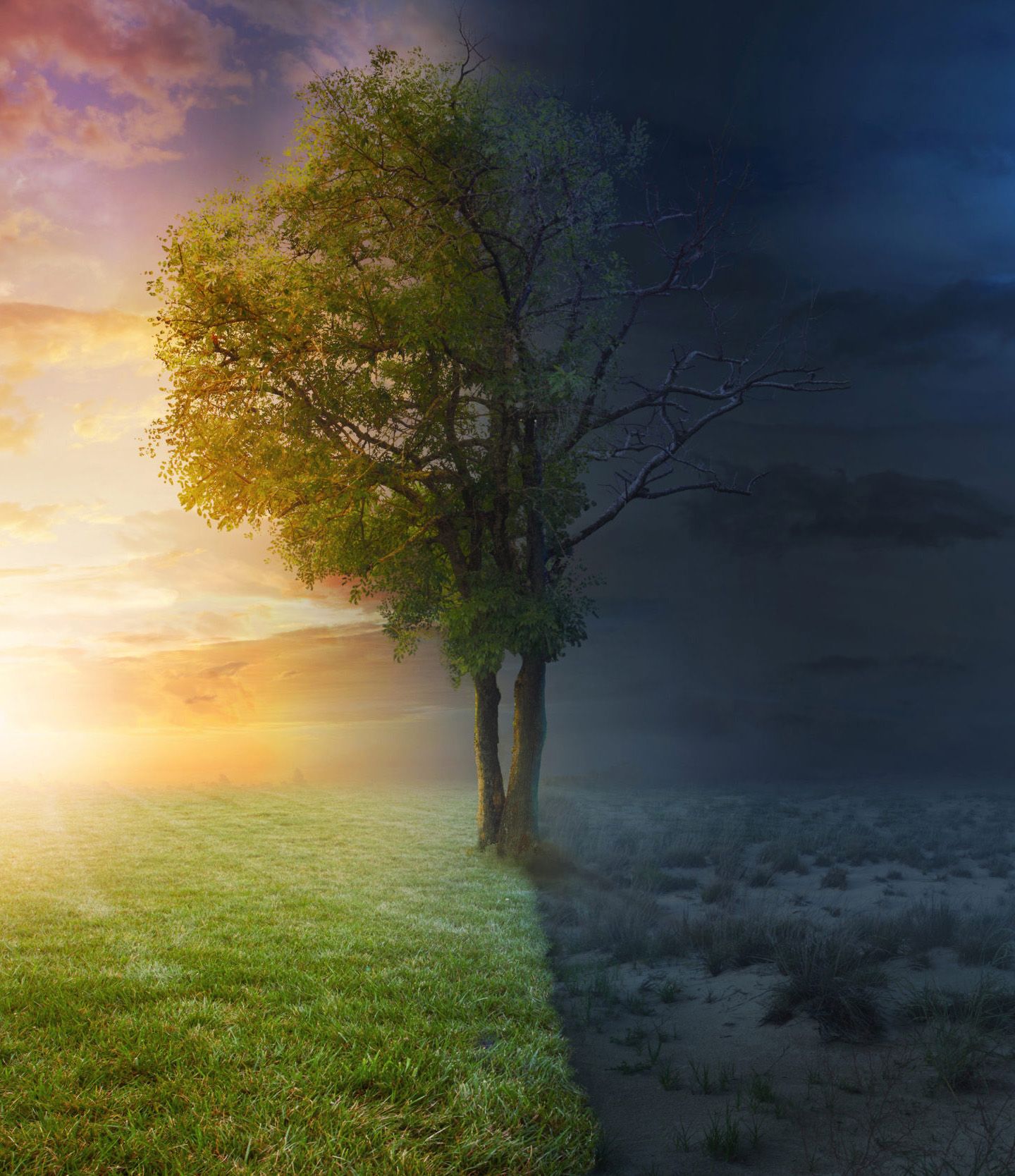
Our biological clock
The entire living nature on the planet, including humans, has a ‘ biological clock’ which responds to the impact of light and darkness and the natural cycles of day and night
Research has shown that the impact of light is much bigger than anticipated. Because of the 24-hour society in which we now live, the biological clock gets disrupted. This has a serious impact for the health of humans and the health of all living creatures, by which the fragile biodiversity faces an increased risk
Within the BioClock consortium, researchers and societal partners from across the Netherlands have joined forces to restore and preserve the health of the biological clock. They work together to gain a better understanding of our biological clock, in order to restore the health of this clock, ultimately leading to an increase of human health and of all living creatures on the planet
Read more about our research and who we are.
The project covers the whole of society: from human health and disease to the natural environment and the protection of animals and insects.
Topics such as shift work, optimal times for cancer immunotherapy and flu vaccinations, chronotherapy for depression, and the effects of light pollution on insects and other light-sensitive animals are all covered in our six-year research program.
News
On the news page of our website you will find updates on our projects and news articles about exciting findings and events within our projects.
Partners
The BioClock consortium is an interdisciplinary network of universities, societal partners, local governments, and other parties that all share a common goal: we want to investigate how to keep the biological clock healthy in our 24/7 society. Funded by NWO, 25 PhD students and postdocs will work on this project in the coming years, supervised by researchers from academic institutes across the Netherlands and in collaboration with the many co-financing and cooperation partners.
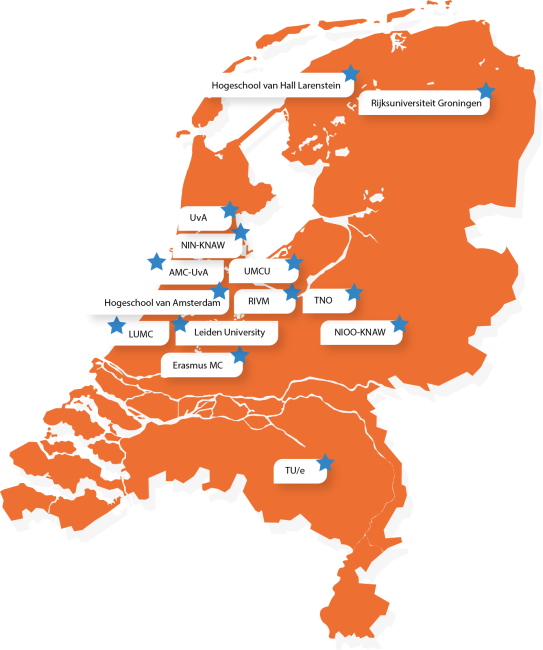

The BioClock Consortium is funded by the NWA-ORC programme of the Dutch Research Council (NWO; project number 1292.19.077).
